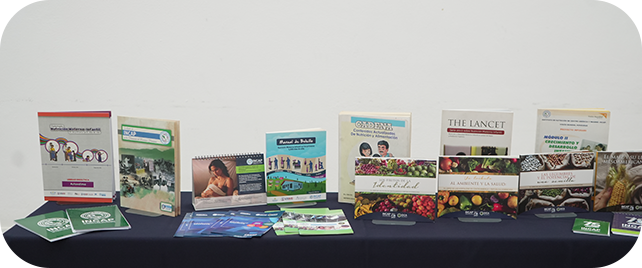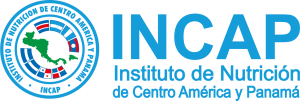De la evidencia a la acción,
contra todas las formas de malnutrición
INCAP: Desde 1,949 apoyando la nutrición de Centroamérica y República Dominicana.
Noticias y Empleo

Mantente al día con las novedades del INCAP
Descubre las últimas noticias, avances, proyectos y actividades que impulsa el Instituto de Nutrición de Centroamérica y Panamá. ¡Infórmate sobre nuestro trabajo en la región!

¿Te gustaría unirte al equipo del INCAP?
Explora nuestras oportunidades laborales y forma parte de una institución líder en nutrición y salud pública en la región ¡Conoce las vacantes disponibles y postúlate!

